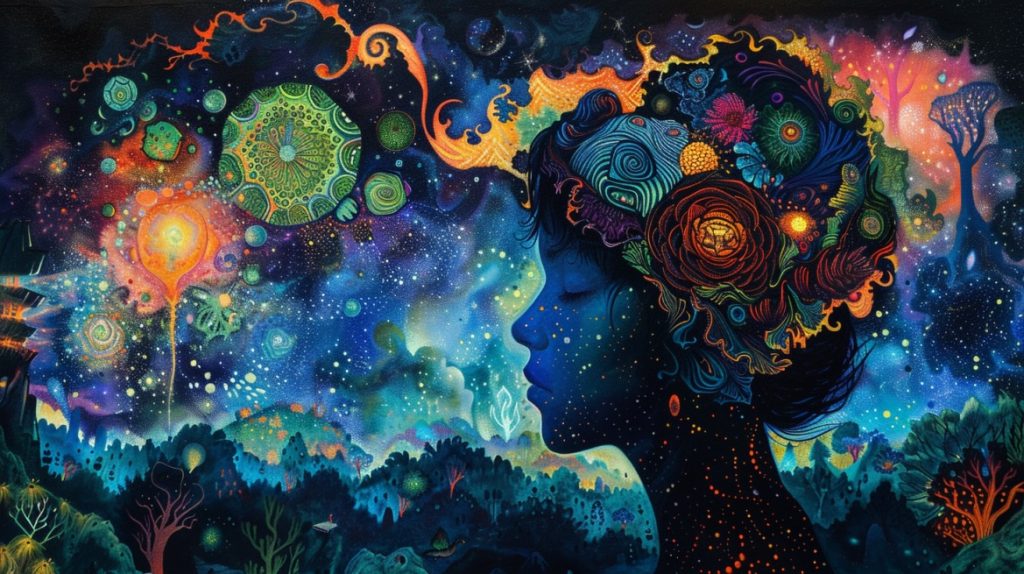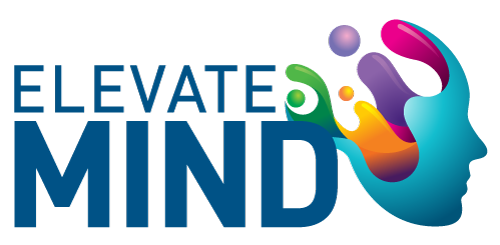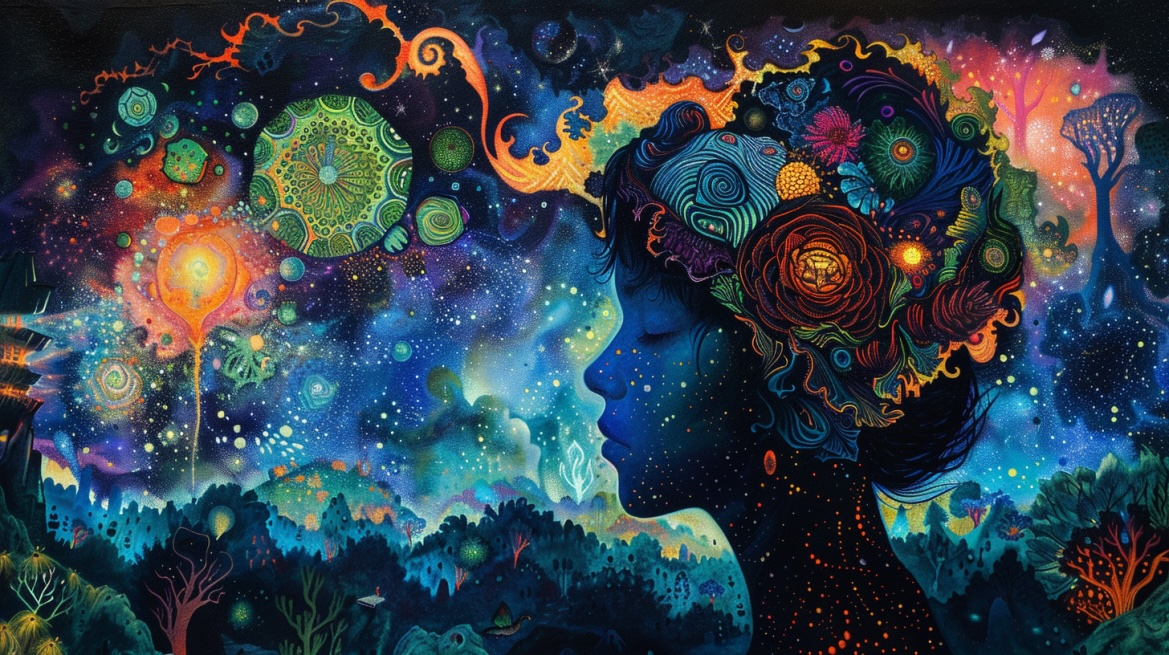Does Psychedelic Assisted Psychotherapy Work ?

Summary
Studies suggest that psychedelic-assisted psychotherapy shows promise in treating various psychological conditions, including PTSD, depression, anxiety, addiction, and social anxiety, through neurochemical changes and increased cognitive flexibility.
Introduction
Psychedelic-assisted psychotherapy (PAP) is an emerging field that combines the use of psychedelic substances with structured psychotherapeutic interventions. This approach has shown promise in treating various mental health conditions, including PTSD, depression, anxiety, and addiction. The following synthesis presents key insights from multiple research papers to evaluate the efficacy and mechanisms of PAP.
Key Insights
Efficacy in Treating Mental Health Conditions:
- PAP has shown significant efficacy in treating PTSD and treatment-resistant depression, with MDMA and psilocybin being designated as “breakthrough therapies” by the FDA.
- Clinical trials indicate that PAP is effective for conditions such as anxiety/depression associated with life-threatening illnesses, unipolar depression, and social anxiety among autistic adults.
Mechanisms of Action:
- Psychedelics may enhance the efficacy of psychotherapy by inducing neurochemical changes and increasing environmental sensitivity, which aligns with the contextual model of common factors in psychotherapy.
- The combination of pharmacological and psychotherapeutic interventions in PAP is believed to amplify the remedial effects of psychotherapy by making high-level predictions more revisable through bottom-up input.
Role of Set and Setting:
- The therapeutic context, including individual and environmental factors (set and setting), plays a crucial role in shaping the psychedelic experience and determining clinical outcomes.
- Auxiliary methods such as meditation, relaxation, and visualization are often used to create a supportive therapeutic environment.
Group Therapy:
- Psychedelic-assisted group therapy (PAGP) has potential benefits, including increased group connectedness and interpersonal learning, although it presents challenges such as maintaining openness and flexibility in therapy structure.
- Psychedelic-assisted group therapy (PAGP) has potential benefits, including increased group connectedness and interpersonal learning, although it presents challenges such as maintaining openness and flexibility in therapy structure.
Integration Phase:
- The integration phase of PAP, which involves processing and incorporating the psychedelic experience, is associated with changes in brain networks and psychological traits such as cognitive flexibility and openness10.
Conclusion
Psychedelic-assisted psychotherapy shows significant promise in treating various mental health conditions, particularly PTSD and treatment-resistant depression. The efficacy of PAP is enhanced by the synergistic combination of pharmacological and psychotherapeutic interventions, with the therapeutic context playing a crucial role. While individual therapy models are more common, group therapy approaches also offer unique benefits. Continued research is needed to further understand the mechanisms and optimize the therapeutic protocols for PAP.
Sources:
Sekula, A., Downey, L., & Puspanathan, P. (2022). Virtual Reality as a Moderator of Psychedelic-Assisted Psychotherapy. Frontiers in Psychology, 13. https://doi.org/10.3389/fpsyg.2022.813746.
Reiff, C., Richman, E., Nemeroff, C., Carpenter, L., Widge, A., Rodriguez, C., Kalin, N., & McDonald, W. (2020). Psychedelics and Psychedelic-Assisted Psychotherapy.. The American journal of psychiatry, appiajp201919010035 . https://doi.org/10.1176/appi.ajp.2019.19010035.
Trope, A., Anderson, B., Hooker, A., Glick, G., Stauffer, C., & Woolley, J. (2019). Psychedelic-Assisted Group Therapy: A Systematic Review. Journal of Psychoactive Drugs, 51, 174 – 188. https://doi.org/10.1080/02791072.2019.1593559.
Schenberg, E. (2018). Psychedelic-Assisted Psychotherapy: A Paradigm Shift in Psychiatric Research and Development. Frontiers in Pharmacology, 9. https://doi.org/10.3389/fphar.2018.00733.
Villiger, D. (2022). How Psychedelic-Assisted Treatment Works in the Bayesian Brain. Frontiers in Psychiatry, 13. https://doi.org/10.3389/fpsyt.2022.812180.
Ponomarenko, P., Seragnoli, F., Calder, A., Oehen, P., & Hasler, G. (2023). Can psychedelics enhance group psychotherapy? A discussion on the therapeutic factors. Journal of Psychopharmacology (Oxford, England), 37, 660 – 678. https://doi.org/10.1177/02698811231155117.
Coverdale, N., & Cook, D. (2023). Mechanisms of integration in psychedelic-assisted therapy. Journal of Military, Veteran and Family Health. https://doi.org/10.3138/jmvfh-2023-0014.


